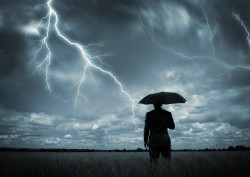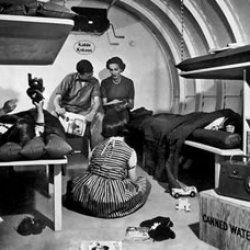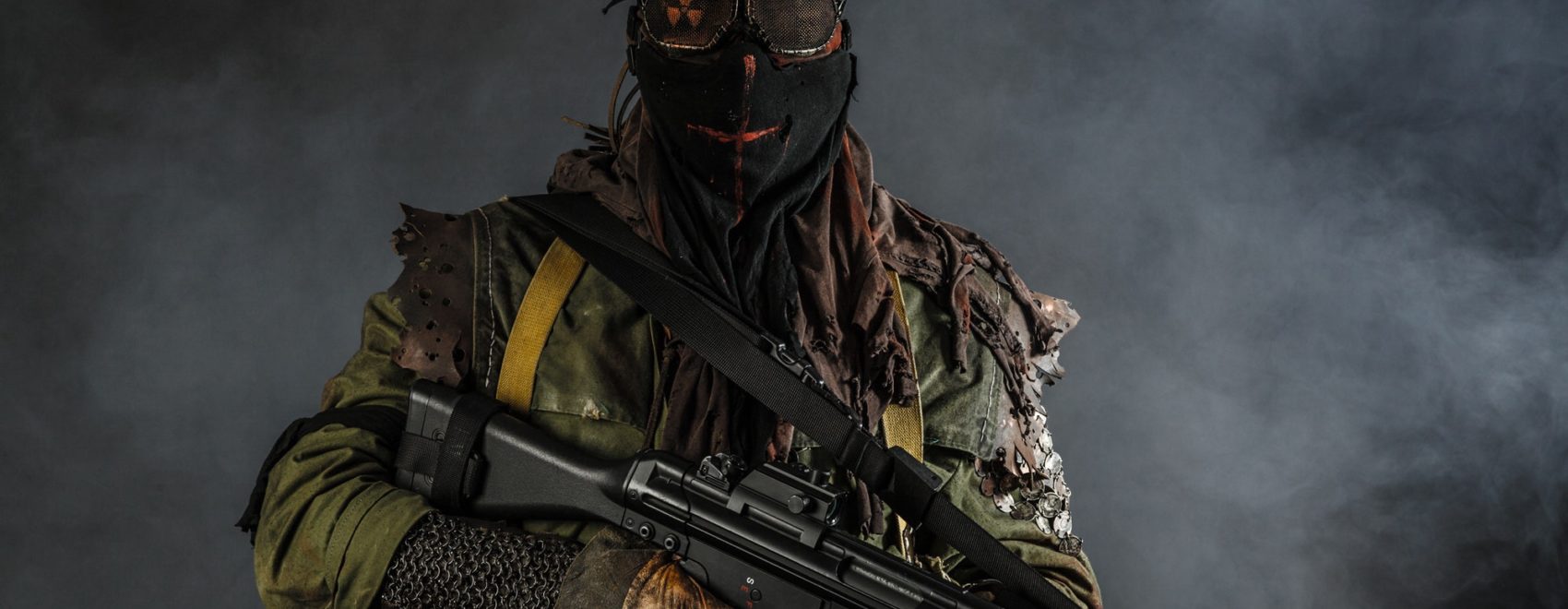What is a Prepper, or a “Doomsday Prepper?”
Tell someone about your emergency/disaster preparedness plans or mention the words “prepper” or “survivalist” and you will likely get some of these responses:
- Who has time for that, and why would I need to do it?
- Oh, you mean from that show “Doomsday Preppers?”
- Why would anyone spend all their money preparing for things that won’t happen, like a nuclear attack?
- You mean those crazy, paranoid people that stockpile food and build bunkers?
- Why would I need to have tons of emergency supplies? That’s what FEMA, and the Government is for…
The fact is, most people are very uninformed when it comes to emergency preparedness, and they are often uncomfortable even discussing the subject. Why? In my opinion, the most common reason is that as a society we are so focused on the present and our immediate needs that we don’t take the time to plan for the future.
Those who look down on, or belittle preppers are usually over-compensating for their lack of preparedness … and, more than likely, will be the first people at your home asking for help should disaster strike.
Due to modern day technology and conveniences, we rarely have to think about the real sources of our water, electricity, and even food; we just turn on the faucet, flip a switch, or run by the grocery store. Yet another reason is that many citizens believe that the government will take care of them, so they don’t bother to practice personal responsibility.
I’ll Start Saving Tomorrow…
Let’s face it, we are spoiled by instant gratification and access to abundant resources. There is concrete evidence of this mentality, both in our financial and personal lives. For example, over 94% of our population owns a computerized device, such as a cell phone, computer, MP3 player, or tablet.
However, 28% of Americans have no savings and only 49% have enough money set aside to cover three

months of expenses, setting a poor example for financial preparedness. This has resulted in foreclosures, bankruptcies, and escalating credit card debt as we continue to buy items that are convenient but not always essential.
What about emergency preparedness? Despite recent catastrophic events such as hurricanes, tornadoes, and winter storms, not to mention the subsequent devastation that follows, a 2015 study shows that 64% of Americans are unprepared for any kind of disaster, natural or otherwise. Those are sobering statistics and clearly demonstrate that too few of us think beyond our daily concerns.
Doomsday Preppers Are Crazy

The second component of this observation is the misconception (especially in the media) that anyone who prepares for an emergency or disaster situation is either paranoid, crazy, or wasting their time on improbable scenarios. This is reinforced by shows such as ‘Doomsday Bunkers’ and ‘Doomsday Preppers.’
The popular show ‘Doomsday Preppers’ seeks to highlight the lengths that some people are going to in their preparedness, such as cooking insects for dinner, buying old nuclear silos, and building a castle to guard against invaders. They focus more on the fringe element and less on everyday families with average means who’s only goal is to be prepared for a crisis situation.
In the media’s eye, and therefore, in the minds of all of the chuckle-heads that believe everything they see online or on TV, we ARE crazy. Until we’re not ….
“Doomsday Preppers” Are Paranoid
The fact is, most preppers are just like everyone else, except that we actually pay attention to what’s going on in the news, politics, the economy, and world events.
We notice when politicians propose bills to infringe on our constitutional rights, what’s happening with the American dollar, which countries wish to harm Americans through terrorist attacks, and what type of disasters we could face from Mother Nature.
We know that grocery stores only have a three day supply of goods; that very few things work without electricity, including water treatment plants and gas pumps; and that once there is a societal collapse, human beings are capable of committing vile acts that were once unthinkable. Being informed and prepared doesn’t make you crazy; it means you are twenty steps ahead of 64% of the population.
The Government Will Take Care of Me
To expand on my last point, and probably the one that annoys me most, is the fact that too many citizens think that the government is altruistic and expect the government to take care of their every need, especially in times of disaster.
Government over-regulation of everything from what soda we can drink to what kind of weapons we can buy is out of control and getting worse. Name one program that the government runs efficiently and I’ll give you a thousand more that aren’t, such as Social Security, Medicare, the DMV, etc. Hell, our elected officials can’t manage money or balance the budget, and you want them to be in control of your well-being?
After a hurricane or tornado, don’t expect FEMA to fix everything because they can’t. The agency is mired in bureaucracy and red tape, supply chain issues, and lack of coordination between officials. It can take three days or more before they are able to distribute supplies, and they often run short.
The slow responses to hurricanes Sandy and Katrina are but two examples of their ineffectiveness. FEMA claims for buildings and houses in Alabama damaged by tornadoes in 2011 are still awaiting resolution, yet another example of inefficiency.
I’ll Be Ready, Will You?
In conclusion, for every skeptical response from family and friends about emergency preparedness, there are numerous counterpoints that demonstrate the need to be prepared for any crisis. Negative stereotypes of “Doomsday Preppers” persist and are fed by a desire of the press and politicians to portray anyone who doesn’t want to depend on the government as an extremist.
Personally, I would rather be prepared for a disaster and know that I can provide food, water, shelter, and protection for my children than do nothing and hope that someone else will save me.


Leave a Reply